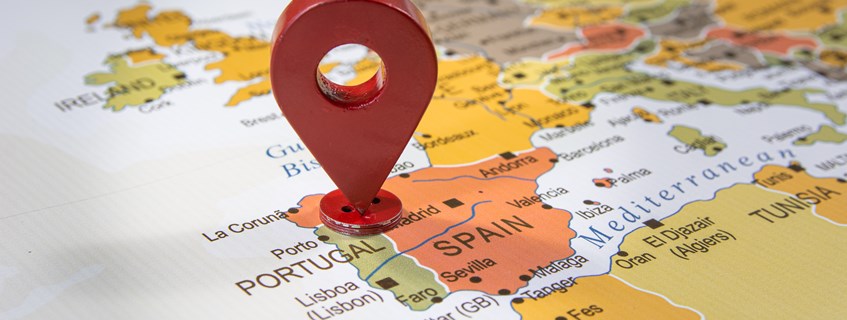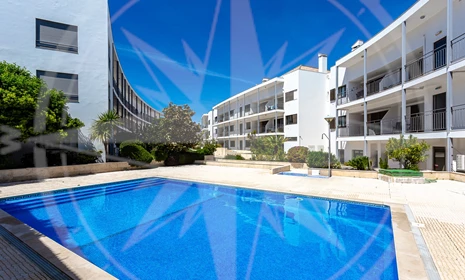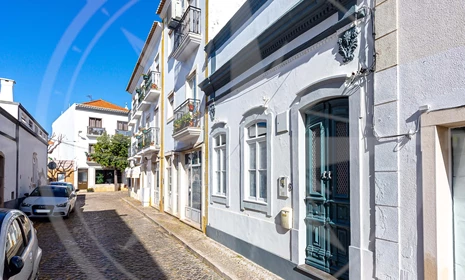
Portuguese Visa options
The principal benefits of obtaining residency in Portugal are:
- Having the opportunity to live in Portugal
- Having the opportunity to apply for permanent residency or Portuguese citizenship after 5 years
- Having the opportunity to be able to travel within Europe’s borderless Schengen Area
- Having the opportunity to apply for Portugal’s NHR tax regime, with the potential to offer lower rates of tax to your current tax liabilities
- Access to the Portuguese national health service
- Access to Portuguese schools and education services
- Having the opportunity to work as an independent professional
- Family reunification
D7 Visa
The D7 has quickly become one of the most popular residency permits for moving to Portugal due to the fact that it is attainable and affordable, particularly for those moving from countries like the UK, US, or Canada. With the D7, you don’t need to invest large amounts of capital into property but you are required to demonstrate that you can support yourself in Portugal with an external income.
That income typically needs to be a regular and ideally passive such as from a pension, dividends from an investment or rental income from a property. This is different from the digital nomad visa (D8), which looks for a regular income from a salary from a remote job or for regular income from freelancing work. It’s also different from the golden visa, which had allowed you to invest your savings into an investment such as a property.
Technically, you need to show that you have more than the Portuguese minimum wage which, as of 2023, is just under €800 per month. Unfortunately, the required amount isn’t black and white and is open to interpretation by different consulates. In practice you will probably need to show much more than this in order to secure the visa.
Once you successfully obtain your new Portugal D7 Visa, it will be valid for 2 years. Afterward, you'll be able to renew it for an additional 3 years. After 5 years, you have the option to apply for Portugal Residency. Successful applicants are required to stay in Portugal for a minimum of 183 uninterrupted days per year. You can also opt to stay in Portugal for 8 months with various breaks within the year.
D2 Visa
The Portugal D2 Visa allows entrepreneurs, freelancers, and independent service providers to reside in Portugal. The Portuguese government started this visa in order to raise external resources and investments to grow the Portuguese economy. This visa only applies to non-EU/EEA/Swiss citizens who wish to start a business or relocate their existing business to Portugal. You can also choose to invest in an existing business in Portugal. The Portugal D2 Visa is less known than D7 visa but can be a viable route to permanent residency and citizenship for those looking to work for themselves in Portugal.
D8 Visa ( Digital Nomad Visa )
For a long time Portugal has attracted digital nomads, but most non-EU/EEA/Swiss citizens obtained residency through the D7 or D2 visas and sometimes the golden visa. As a response to the popularity of Portugal among digital nomads, Portugal has created a special new visa that’s specifically designed for digital nomads, freelancers, and remote workers. Successful applicants will need to demonstrate an income of around €3200 per month ( 4 times the Portuguese minimum wage ).
This new visa is aimed at two types of nomads – it’s both a “temporary stay” and “residence visa” for digital nomads. The two visa options will offer one where you can stay for up to 1 year and another option that allows you to stay for up to 5 years, with the possibility of renewal or exchange for permanent residency after.

